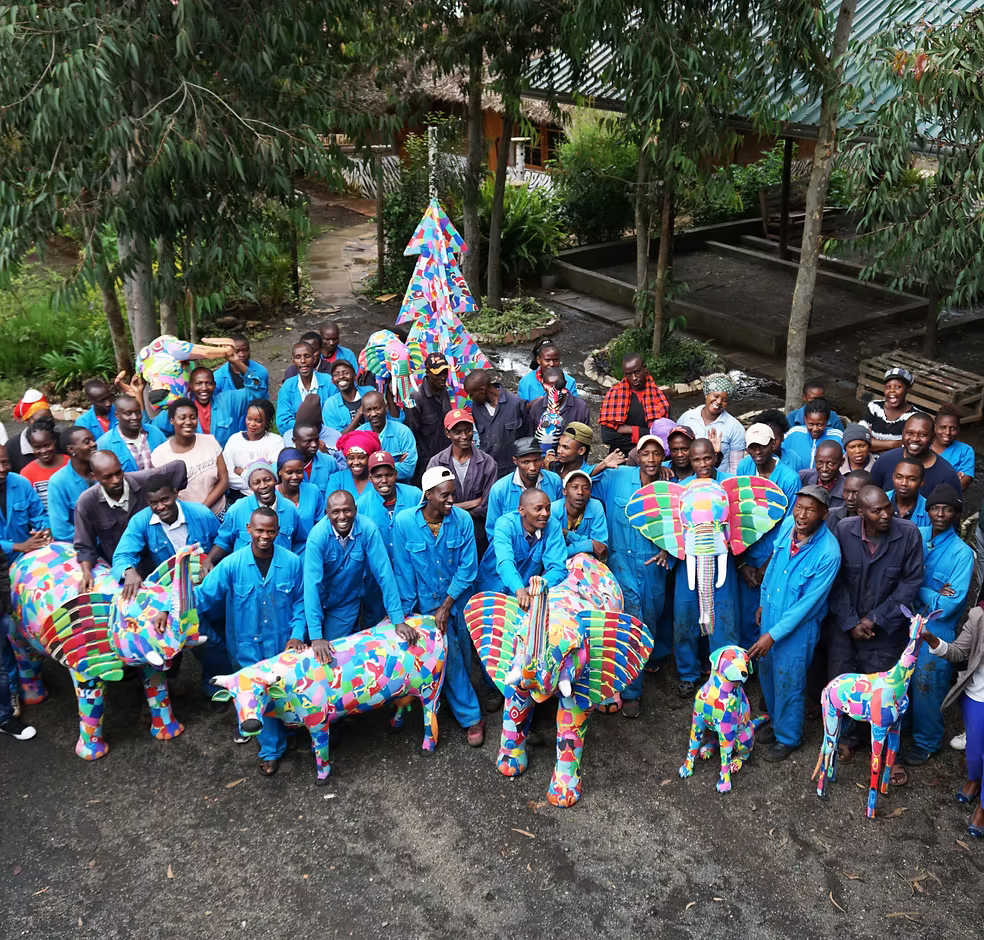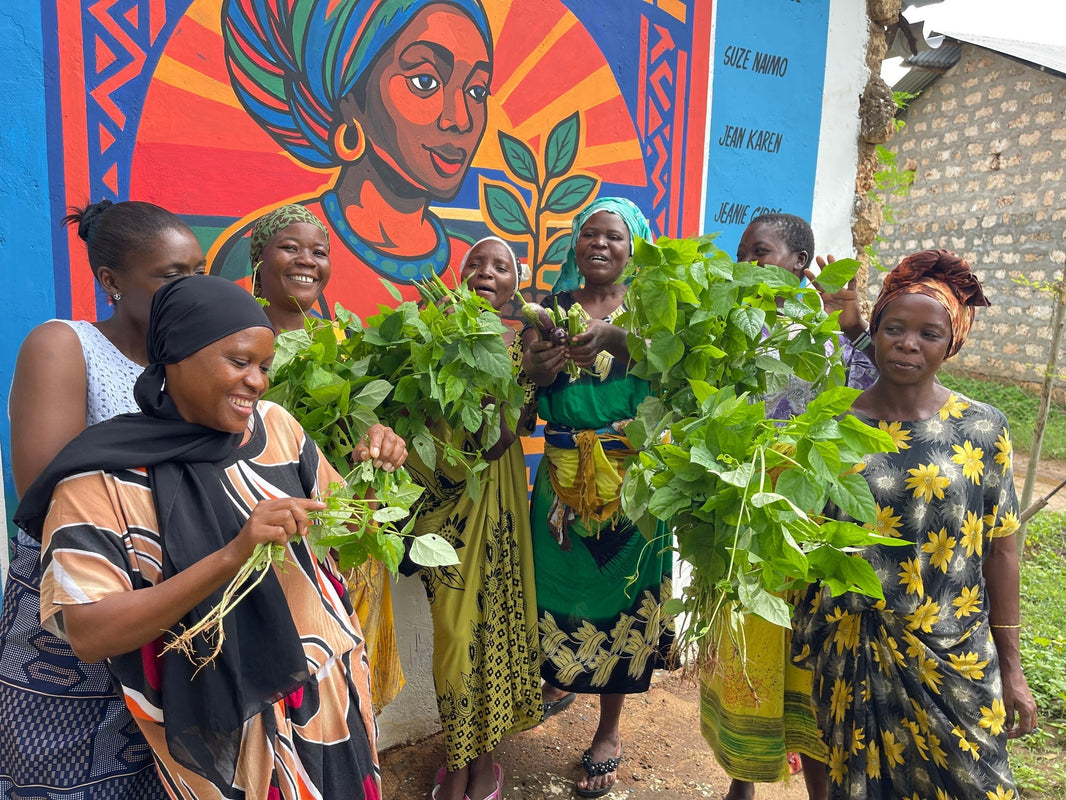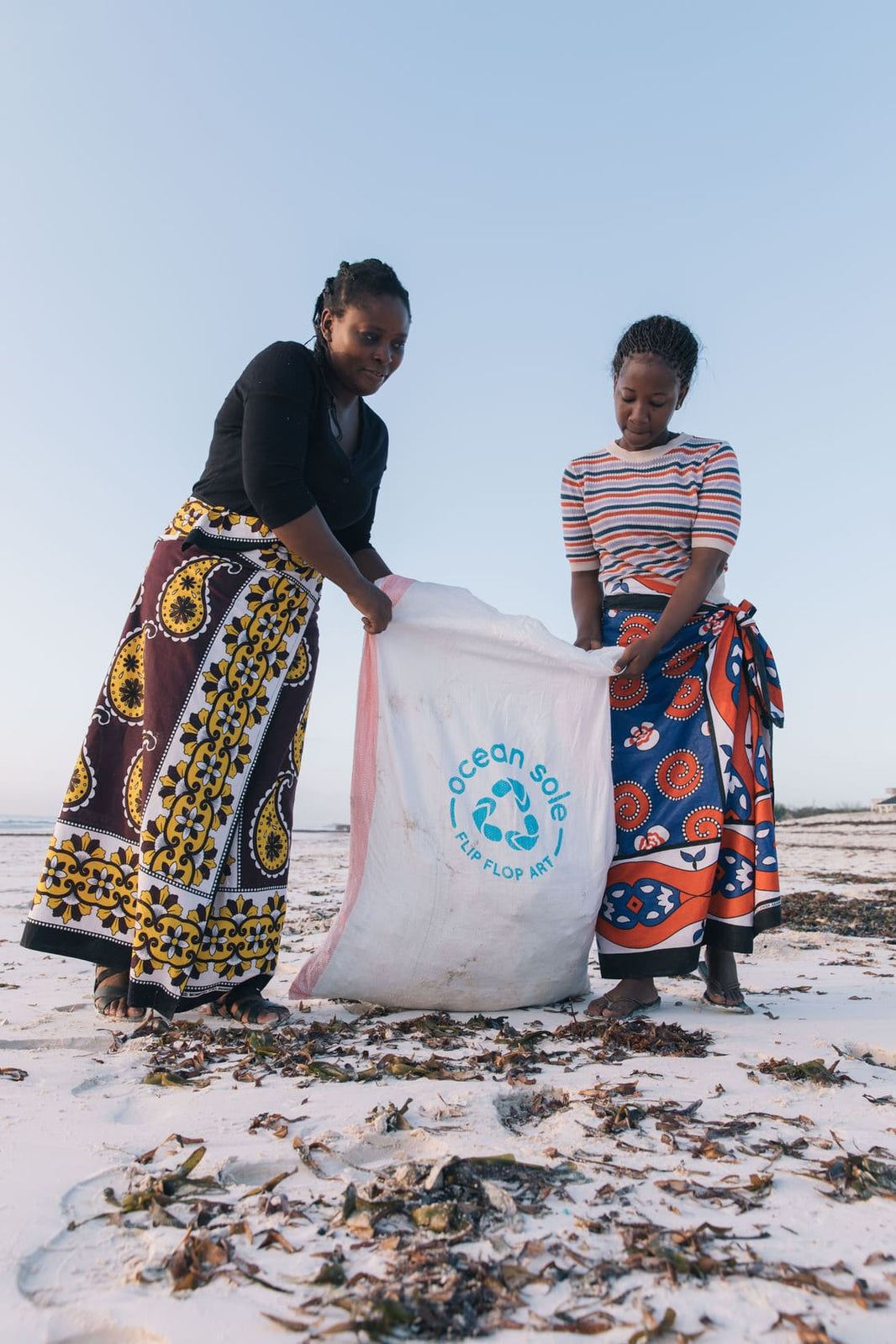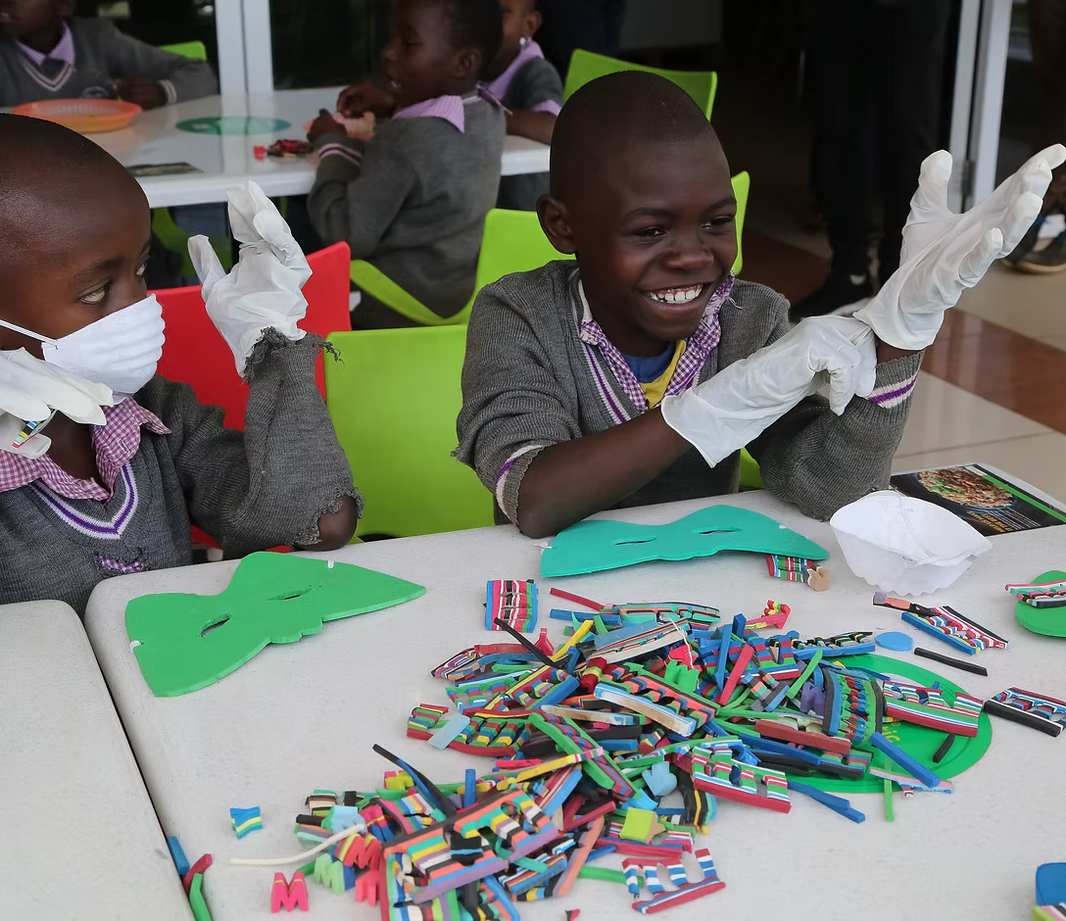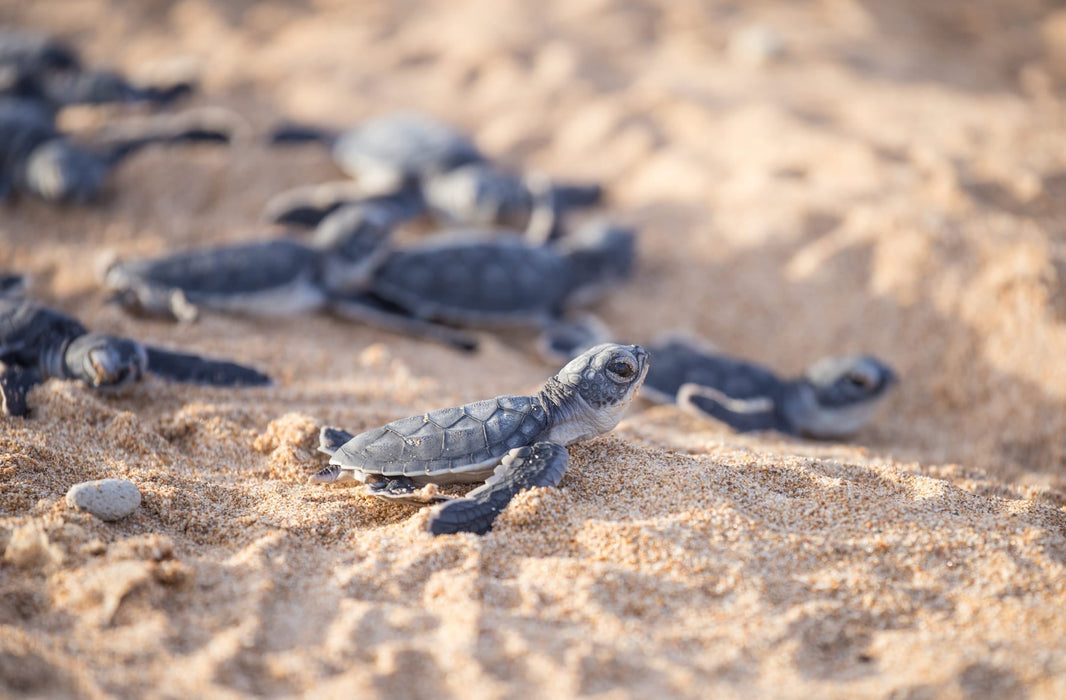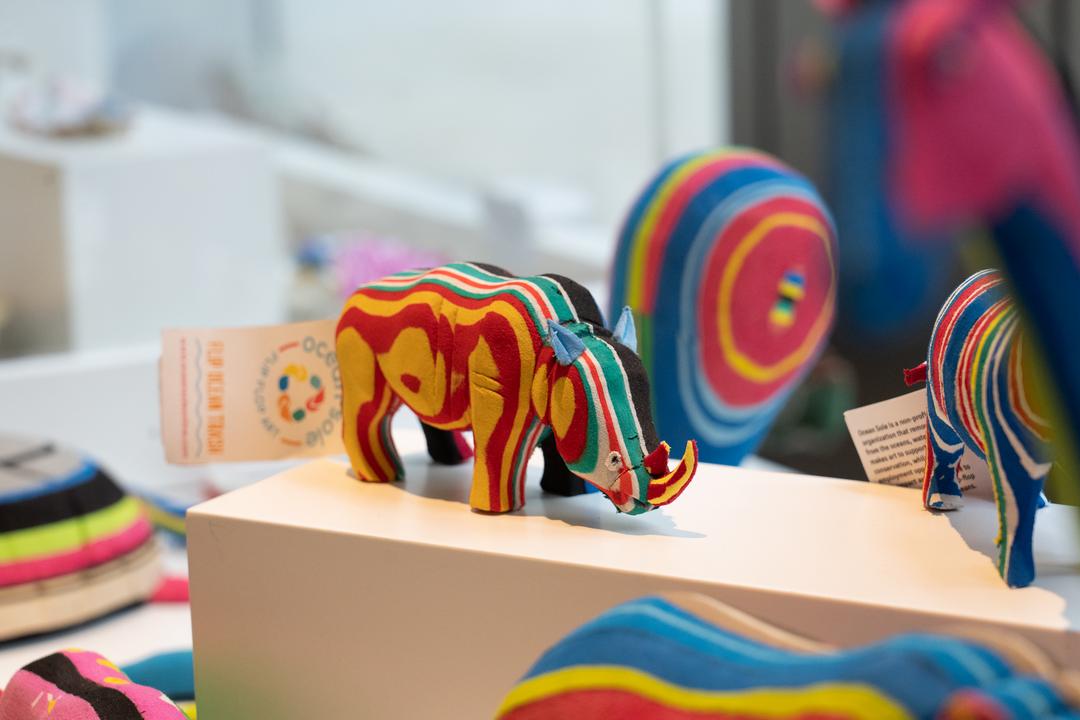Water is vital to sustain life. The ocean is salty water and covers about 71% of the earth's total surface.
Clean, fresh water is necessary for drinking and sanitation, providing for our crops, livestock and industry, and creating and sustaining the ecosystems on which all life depends.
However, readily accessible fresh water in rivers, lakes, and wetlands accounts for less than 1% of the world’s water and is under threat.
World Water Week 2023 is focused on innovation during unprecedented challenges.
This year, the theme is Seeds of Change: Innovative Solutions for a Water-Wise World, which invites a rethink of how water is managed and urges consideration of the ideas, innovations, and governance systems needed in an increasingly unstable and water-scarce world.
Water pollution is a severe threat to the world’s water.
Around 2 billion people worldwide cannot access clean and safe drinking water. There’s a need to conserve the percentage of fresh water we have.
Shockingly, unsafe drinking water kills more people annually than war or violence combined.
What are the causes of water pollution?
- The agricultural sector is the biggest consumer of global freshwater resources, at the same time, a heavy water polluter. Agricultural pollution is the top source of contamination in rivers and streams, the second-biggest source in wetlands, and the third-leading source in lakes.
- Used water is wastewater. It comes from our sinks, showers, toilets, commercial, industrial, and agricultural activities. According to the United Nations, 42% of household wastewater is incorrectly treated, damaging ecosystems and human health.
- An estimated 1 million tons of oil enter marine environments globally. These come from tanker spills from land-based sources such as factories, farms and cities. These spills account for 10% of the oil in world waters globally.
- Radioactive waste is any pollution that emits radiation beyond what is naturally released by the environment. It’s generated by uranium mining, nuclear power plants, and the production and testing of military weapons, as well as by universities and hospitals that use radioactive materials for research and medicine. Radioactive waste can persist in the environment for thousands of years, making disposal a significant challenge.
At Ocean Sole, we believe that achieving a sustainable earth requires action from all of us. To help fight against water pollution, we carry out weekly beach cleans on the coast of Kenya.
By removing trash from the beach, we help protect the marine wildlife in these areas from ingesting this trash which has devastating consequences for their survival.
We have partnered with The Kenya Red Cross Society in Kenya to help us clean Kenya’s coastlines. We have collected and removed over 1000kg of trash from our beaches.
Also, we have a group of women on the coast of Kenya whom we call our Ocean Mamas. These are women living in coastal communities who participate in our weekly beach clean-ups. To appreciate their efforts, we assist them financially to empower them into financial freedom.

You can be part of the change by hosting a beach clean-up to help fight water pollution. Your donation will go towards the following:
- Providing volunteers with a warm meal
- Providing volunteers with snacks & water
- Providing transportation for volunteers
- Purchasing supplies to plant mangrove trees
- Purchasing supplies to aid our beach clean efforts (gloves, eco-bags, etc.)
A 25-dollar donation will help remove 182 lbs of trash from our coastline! Thank you so much for your charitable donation! Additionally, you can make this world water week meaningful by taking several steps to conserve water at home. Here’s how:
- Keeping the tap closed when not in use.
- Check for openings or leaks in water distribution pipes.
- Make sure to use collected rainwater for gardening or washing purpose.
- Do not run more water than necessary while washing and cleaning clothes, utensils, etc.
- Do not prolong your bathing. Go for a quick shower rather than wasting buckets of water.
- Rainwater harvesting is one of the best methods used for conserving water. There are different methods used to preserve rainwater instead of getting it wasted.
Next to air, water is the most essential element for preserving life. Water is a finite commodity that will result in shortages if not appropriately managed. Water conservation can go a long way to help alleviate these impending shortages. This world water week allows us to change how we use our water and water sources.
True to this year’s theme: Planting the seeds of change, join participants across the globe in marking this event, and you can also participate in events near you!
At Ocean Sole, our mission is to clean polluted beaches and provide careers to Artisans in high-impact communities. With your help, we can increase our overall impact. Let's do some good together!
Email us at hello@oceansoleafrica.com for any inquiries, custom orders, partnerships and collaborations or to see how to get involved with our mission!
#WorldWaterWeek2023



